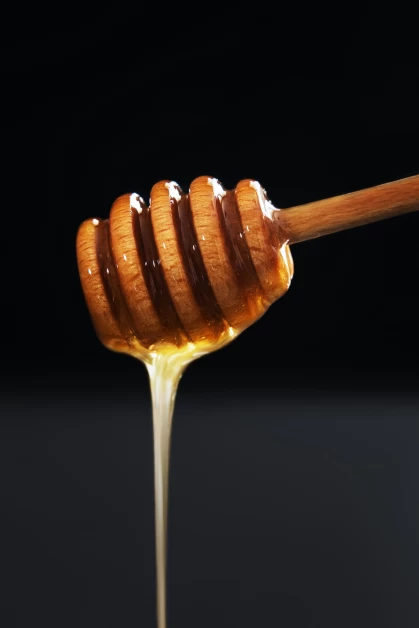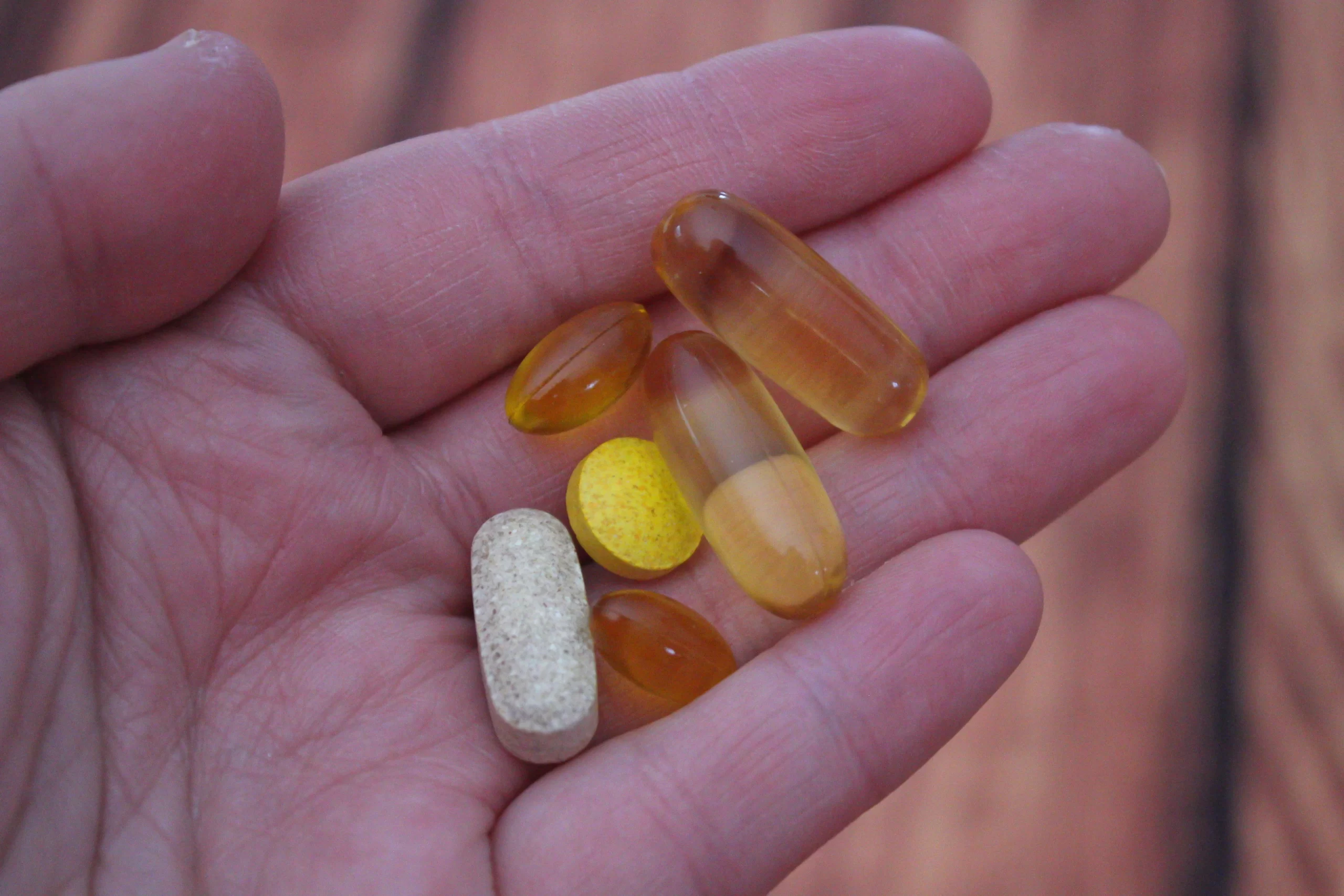Table of Contents
- Introduction
- What is pm2.5 Pollution?
- The Effects of pm2.5 Pollution on Health
- How Manuka Honey Can Help Combat pm2.5 Pollution
- Manuka Honey Benefits
- Natural Sources of Manuka Honey
- How to Use Manuka Honey to Combat pm2.5 Pollution
- How to Choose the Right Manuka Honey
- Tips for Storing Manuka Honey
- Conclusion
Introduction
Pollution has become a global problem, with air pollution being one of the most serious issues in many cities around the world. Air pollution is particularly severe in many Asian cities, where pm2.5 levels can reach dangerously high levels. Pm2.5 is a type of air pollutant made up of tiny particles that are smaller than 2.5 micrometers in diameter, and they can be hazardous to human health. In this article, we will explore how Manuka honey can help combat pm2.5 pollution and the various benefits of Manuka honey.
What is pm2.5 Pollution?
Pm2.5 is an acronym for particulate matter (PM) that is 2.5 micrometers or less in diameter. These particles are so small that they can be inhaled into the lungs and cause health problems. Pm2.5 pollution is a major environmental concern in many cities around the world, and is linked to a wide range of health issues, from respiratory and cardiovascular diseases to cancer.
The sources of pm2.5 pollution vary from location to location, but they often include industrial and vehicle emissions, as well as burning of biomass such as wood and crop residues. Pm2.5 pollution is often worse in the winter months due to increased energy consumption and reduced air circulation.
The Effects of pm2.5 Pollution on Health
The effects of pm2.5 pollution on human health can be severe, and the World Health Organization (WHO) has classified it as a carcinogen. Pm2.5 pollution can cause a range of respiratory and cardiovascular diseases, including asthma, bronchitis, and heart disease. Long-term exposure to pm2.5 pollution can also cause cancer and other serious health conditions.
In addition to the physical health effects, pm2.5 pollution can also have a negative effect on mental health. Studies have shown that people living in areas with high levels of pm2.5 pollution have higher levels of anxiety, depression, and stress.
How Manuka Honey Can Help Combat pm2.5 Pollution
Manuka honey is a type of honey produced in New Zealand from the nectar of the Manuka tree. It is known for its unique antibacterial and anti-inflammatory properties, and it has been used for centuries as a natural remedy for a wide range of ailments. Recently, Manuka honey has been studied as a potential remedy for air pollution, and the results have been promising.
Studies have found that Manuka honey can help reduce the levels of pm2.5 particles in the air. This is because the honey has a high level of antioxidants, which can help neutralize the pollutants in the air. Manuka honey can also help reduce the effects of air pollution on the body, as it has been found to reduce inflammation in the lungs and protect the cells from damage.
Manuka Honey Benefits
In addition to its ability to combat pm2.5 pollution, Manuka honey also has a range of other health benefits. It is high in antioxidants, which can help protect the body from free radical damage and reduce the risk of chronic diseases. Manuka honey also has antibacterial and anti-inflammatory properties, which can help reduce the risk of infection and inflammation.
Manuka honey is also a natural source of energy, as it contains a high amount of natural sugars. This makes it a great alternative to processed sugars, which can cause spikes in blood sugar levels. Manuka honey is also a great source of vitamins and minerals, including Vitamin B, Vitamin C, and magnesium.
Natural Sources of Manuka Honey
Manuka honey is produced in New Zealand and is widely available in many specialty stores and online retailers. It is important to choose Manuka honey that is certified as 100% pure and is produced in New Zealand. This is because Manuka honey produced in other countries may not have the same health benefits as Manuka honey from New Zealand.
When choosing Manuka honey, it is important to look for the Unique Manuka Factor (UMF) rating. This is a measure of the antibacterial and antioxidant activity of the Manuka honey, and it should be at least 10 or higher for the honey to be effective.
How to Use Manuka Honey to Combat pm2.5 Pollution
Manuka honey can be used in a number of ways to combat pm2.5 pollution. The most effective way is to mix Manuka honey with water and spray it into the air. This will help neutralize the pollutants in the air, reducing the levels of pm2.5 particles in the air.
Manuka honey can also be taken orally to help reduce the effects of pm2.5 pollution on the body. It is important to take Manuka honey with food, as it can be difficult for the body to absorb when taken on an empty stomach. Taking Manuka honey regularly can help reduce inflammation in the lungs and protect the cells from damage.
How to Choose the Right Manuka Honey
When choosing Manuka honey, it is important to look for the UMF rating. This is a measure of the antibacterial and antioxidant activity of the honey, and it should be at least 10 or higher for the honey to be effective. It is also important to look for Manuka honey that is certified as 100% pure and is produced in New Zealand.
When buying Manuka honey, it is also important to look for a brand that is certified by the International Manuka Honey Association (IMHA). This ensures that the honey has been tested to meet the highest quality and safety standards.
Tips for Storing Manuka Honey
Manuka honey should be stored in an airtight container, away from direct sunlight and heat. It is best to store Manuka honey in a cool, dark place, such as a pantry or cupboard. Manuka honey should also be consumed within 6 months of opening, as it can start to lose its antibacterial and anti-inflammatory properties over time.
Conclusion
Manuka honey is a powerful natural remedy that can help combat pm2.5 pollution. It can help reduce the levels of pm2.5 particles in the air and protect the body from the effects of air pollution. Manuka honey is also rich in antioxidants, vitamins, and minerals, making it a great source of energy and a natural remedy for a wide range of ailments.
When choosing Manuka honey, it is important to look for the UMF rating and ensure that the honey is certified as 100% pure and is produced in New Zealand. Manuka honey should be stored in an airtight container and consumed within 6 months of opening. Manuka honey can also be used in a variety of recipes to help combat pm2.5 pollution.





